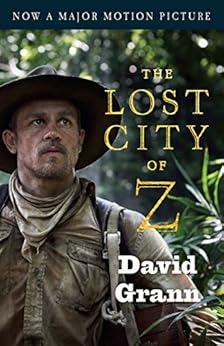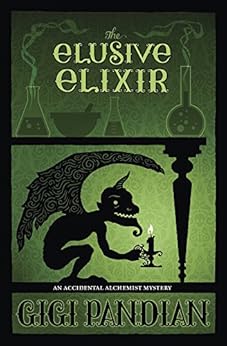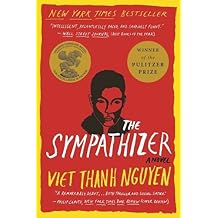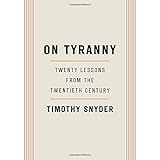But this isn’t a post for my food blog.
This past Saturday, I was sitting at a table in our back yard peeling and chopping tomatoes. My wife was in the house dealing with getting my handiwork into jars, so I was alone for about half an hour.
One reason I enjoy cooking is that I get into what you might call “almost a trance-like” state. My mind sort of spins free. It’s not like I'm not paying attention to what I’m doing, something particularly dangerous when you’ve got a industrial-quality vegetable dicer (one of my better kitchen purchases of the last decade) that’s made up of a grid of razor blades and a two-pound weight to push the vegetables through. It’s as if everyday cares just float away. I’m focused on the job at hand, but some of my conscious is left over to think of other things, more important things than what I have to do tomorrow. It’s a sweet spot in which to be.
Now you all know I haven’t been writing really at all this summer due to designing the programme book for this year’s Bouchercon. Even though I handed in the finished product to the printer last week, there were a number of other things apart from my writing that had been neglected and need immediate attention. Then the weekend was taken up with canning tomatoes and making crab apple jelly.
I’ve been aching to write the past few weeks and I should have been doing it, but, well, other things intervened.
Then right in the middle of prepping tomatoes to be chopped, story-in-progress resurfaced in my head and an issue I was having with the last chapter on which I was working suddenly seemed to resolve itself. It’s as if my muse stepped up to say, “You idiot! All you have to do is this and you won't have a problem, will you? Do I have to tell you everything?”
I immediately went into the house to find my little dictation device so I could just speak the words to resolve this scene and hopefully move on to the next one.
Then my three-year-old grandson came outside and wanted to know who I was talking to (being “all alone”) after which he spotted the little digital recorder and immediately wanted to play with it.
So much for getting any sort of work done, but it did prove a point to me. You only need to get your head in the proper state for your “writing imagination” to kick in. For me, it’s usually when I’m out walking, occasionally driving or riding on transit. Never before has it happened when I’m preparing food.
Maybe I should do that more often…

























![The Break by [Vermette, Katherena]](https://images-na.ssl-images-amazon.com/images/I/51hwcY4WRHL.jpg)

